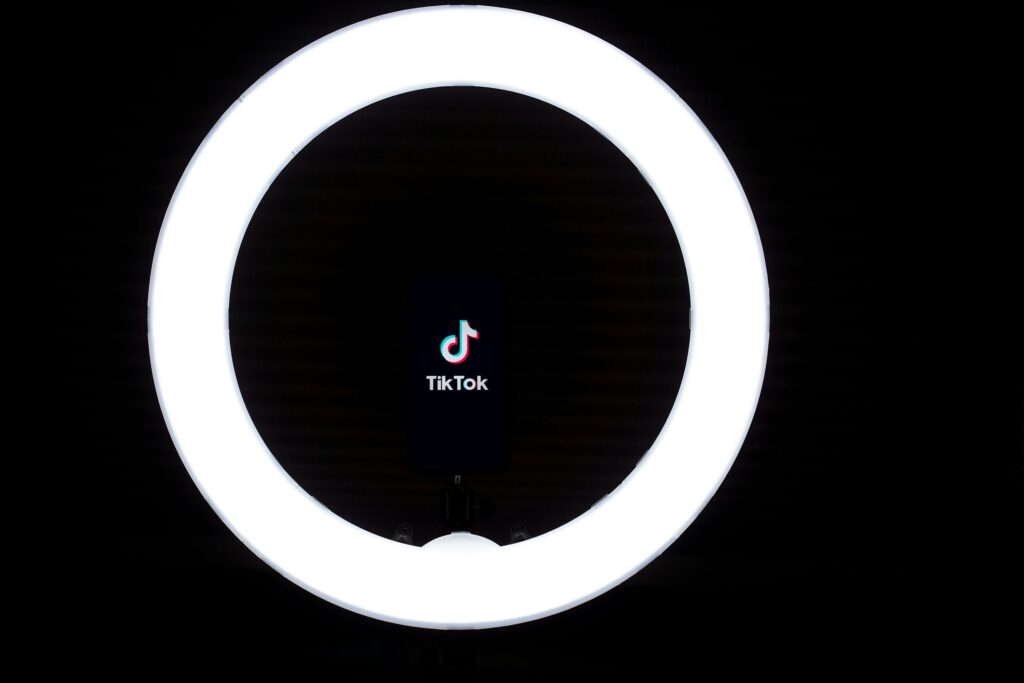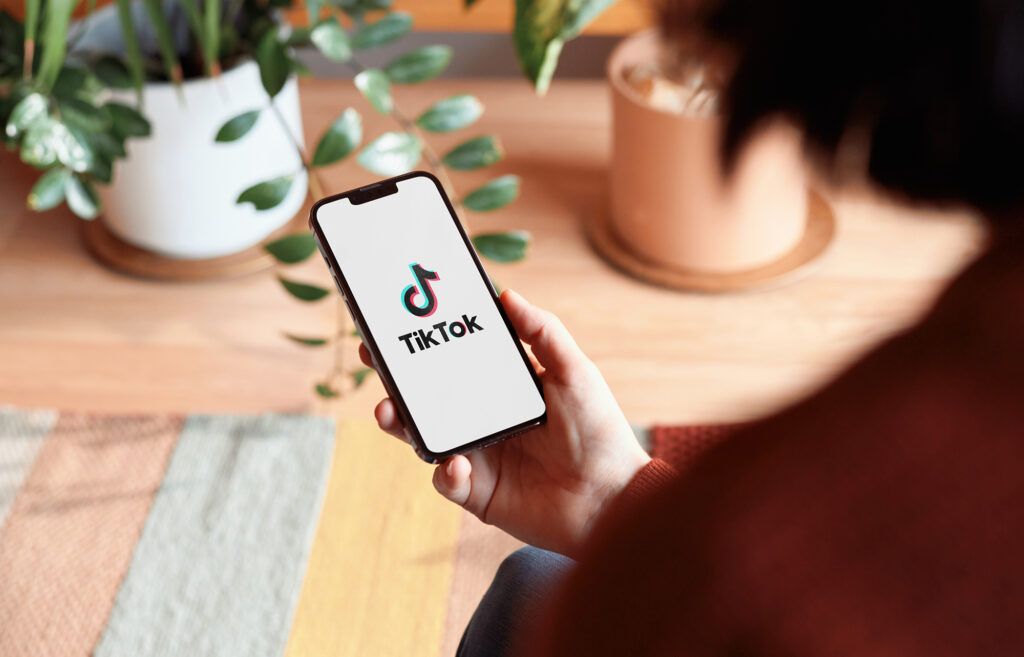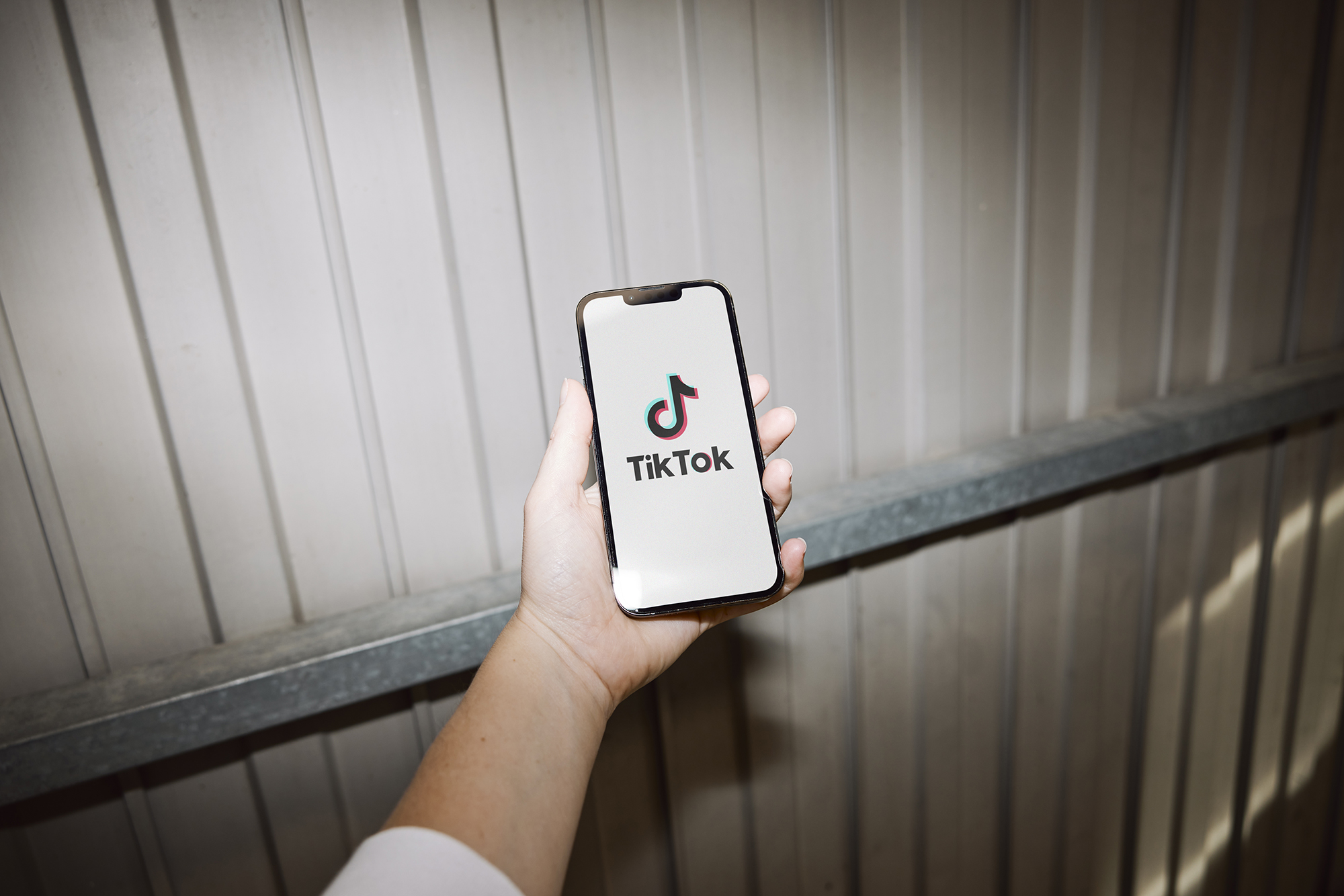What Happens Next?
After a dramatic 14-hour blackout in the U.S. over the weekend, TikTok is back online—but its future remains uncertain. Yesterday, after being sworn in as President, Donald Trump signed an executive order to extend the implementation of the new law for 75 days while his administration works to broker a deal for TikTok’s U.S. operations to be sold to an American company.
However, Apple and Google still haven’t restored TikTok to their app stores, leaving the platform’s future in a state of uncertainty. Why the hesitation? What roadblocks still stand in the way? And what does this mean for TikTok’s 170 million U.S. users, the creators who rely on it for their livelihood, and the brands that have built entire marketing strategies around the platform?
Let’s break down the key uncertainties and what could happen next.
1. Why Hasn’t TikTok Returned to the App Store?
TikTok’s disappearance from the Apple App Store and Google Play Store was expected after the ban took effect. But now that the app is back online, why hasn’t it returned to the stores for downloads?
There are a few reasons:
- Legal Limbo – While the executive order temporarily delays the ban, Apple and Google may be waiting for official confirmation or additional legal clarity before making any changes.
- Technical & Compliance Issues – TikTok’s compliance with U.S. regulations is still being debated. App store policies may require more certainty about the app’s future before reinstatement.
- Political & Business Considerations – Apple and Google operate globally and may be weighing potential legal or diplomatic repercussions before acting.
If the app remains unavailable for new downloads, TikTok’s user growth could stagnate, and updates could be delayed—potentially making the platform less stable over time.

2. Will a U.S. Company Actually Buy TikTok?
President Trump’s administration has pushed for TikTok’s U.S. operations to be sold to an American company as a solution to data security concerns. But will it happen this time?
A few key challenges remain:
- Who Will Buy It? – Companies like Oracle, Microsoft, and Walmart were previously in talks, but the deal fell through. Will they return to the table?
- Data Security Concerns – Even with a U.S. buyer, the government will need assurance that TikTok’s data practices align with national security interests.
- Beijing’s Response – The Chinese government must approve a sale and has previously signaled strong opposition to a forced divestment of TikTok’s parent company, ByteDance.
If no deal is reached, will the administration push for a complete ban, or can TikTok find a way to operate under new legal conditions?
3. What Happens to TikTok Creators and Brands?
For millions of creators and businesses, TikTok isn’t just an app—it’s their livelihood. The uncertainty surrounding the platform leaves them in a tough spot.
- Creators – Many creators who rely on TikTok for income may be scrambling to find backup platforms. While Instagram Reels, YouTube Shorts, and Snapchat Spotlight offer alternatives, they don’t yet match TikTok’s algorithmic reach and engagement.
- Brands – Businesses that have invested heavily in TikTok marketing now have to assess whether to continue allocating budget toward the platform or shift to other channels.
- Small Businesses – Those using TikTok for organic growth may be particularly impacted, as paid advertising and influencer marketing strategies hang in the balance.
If TikTok’s status remains uncertain for too long, we could see a significant shift in digital marketing strategies for 2025 and beyond.

4. Could This Set a Precedent for Other Apps?
If TikTok can be banned—or forced into a sale—could other apps face the same fate? The debate over national security and foreign-owned tech platforms won’t end with TikTok.
- WeChat and Other Chinese Apps – WeChat has faced similar scrutiny in the past. Could it be next?
- U.S. Tech Companies Abroad – If the U.S. government successfully forces TikTok’s sale, other countries may impose similar restrictions on American companies like Meta, Google, and Apple.
- A Fragmented Internet? – Governments restricting access to certain apps could lead to a more fragmented internet, with different platforms dominating in different regions.
5. What’s Next?
With President Trump’s executive order extending the implementation of the law by 75 days, the situation is evolving rapidly. Here’s what we’ll be watching for:
- Will Apple and Google allow TikTok back on their app stores?
- Will a serious buyer step forward for TikTok’s U.S. operations?
- How will Beijing respond to the latest developments?
- What will creators and brands do if TikTok’s fate remains uncertain?
- Can an executive order override a law passed by Congress, signed by a president, and upheld by the Supreme Court?
For now, TikTok users in the U.S. can breathe a temporary sigh of relief—but the long-term future of the platform is anything but certain. Stay tuned.


